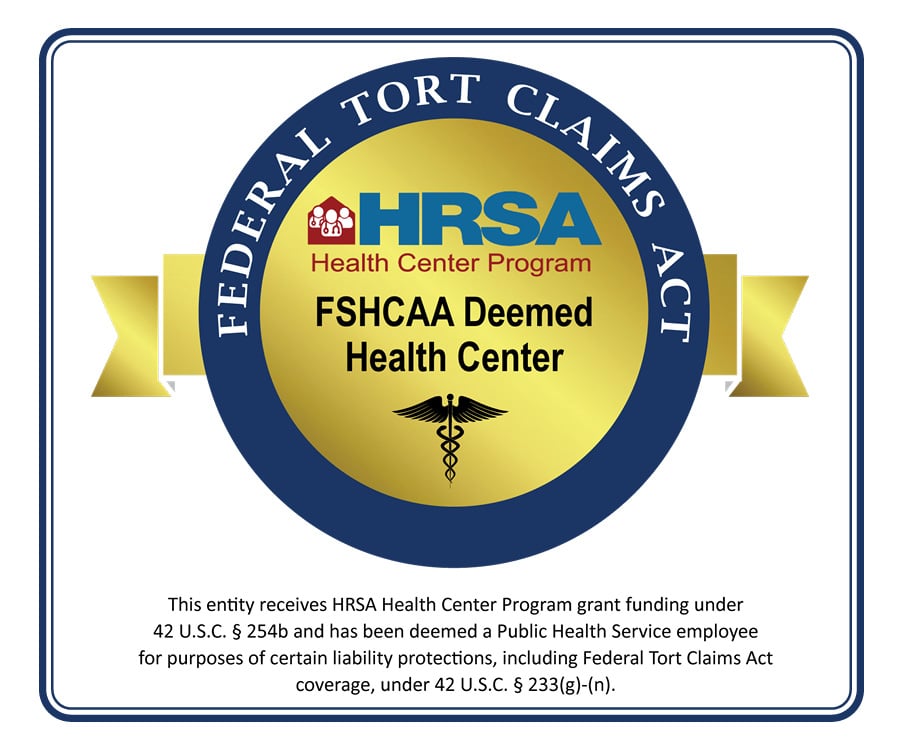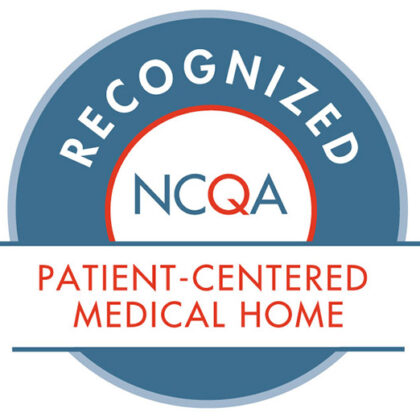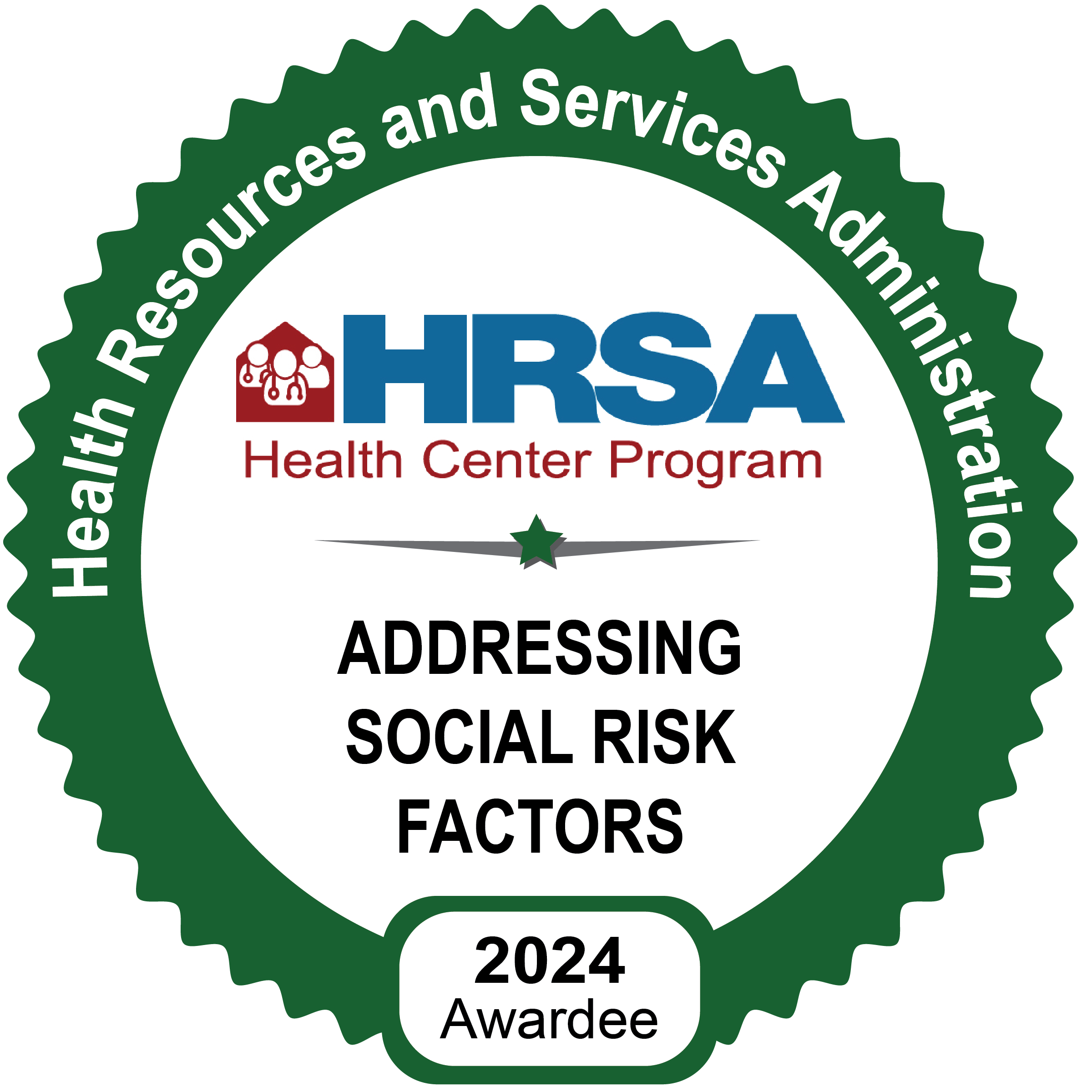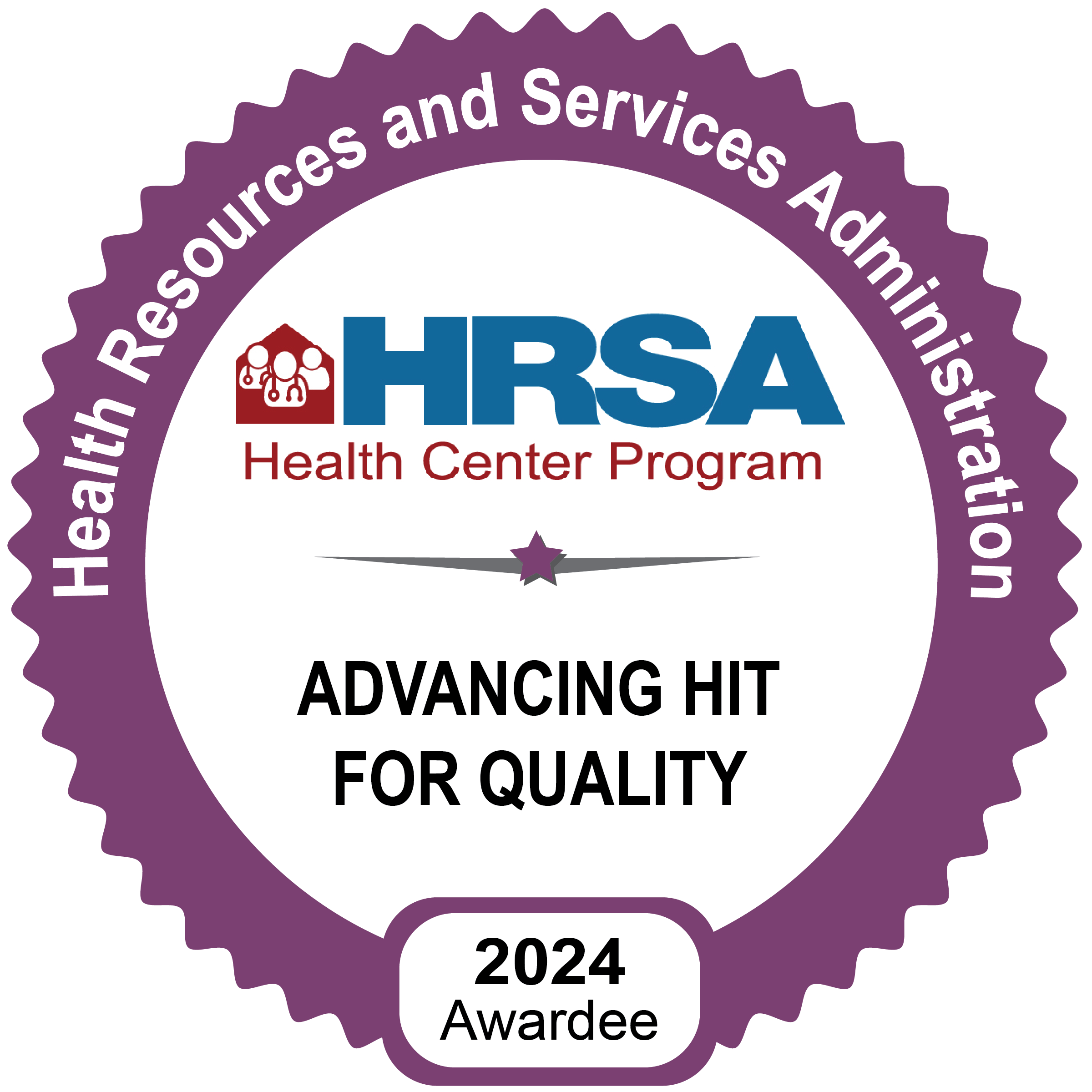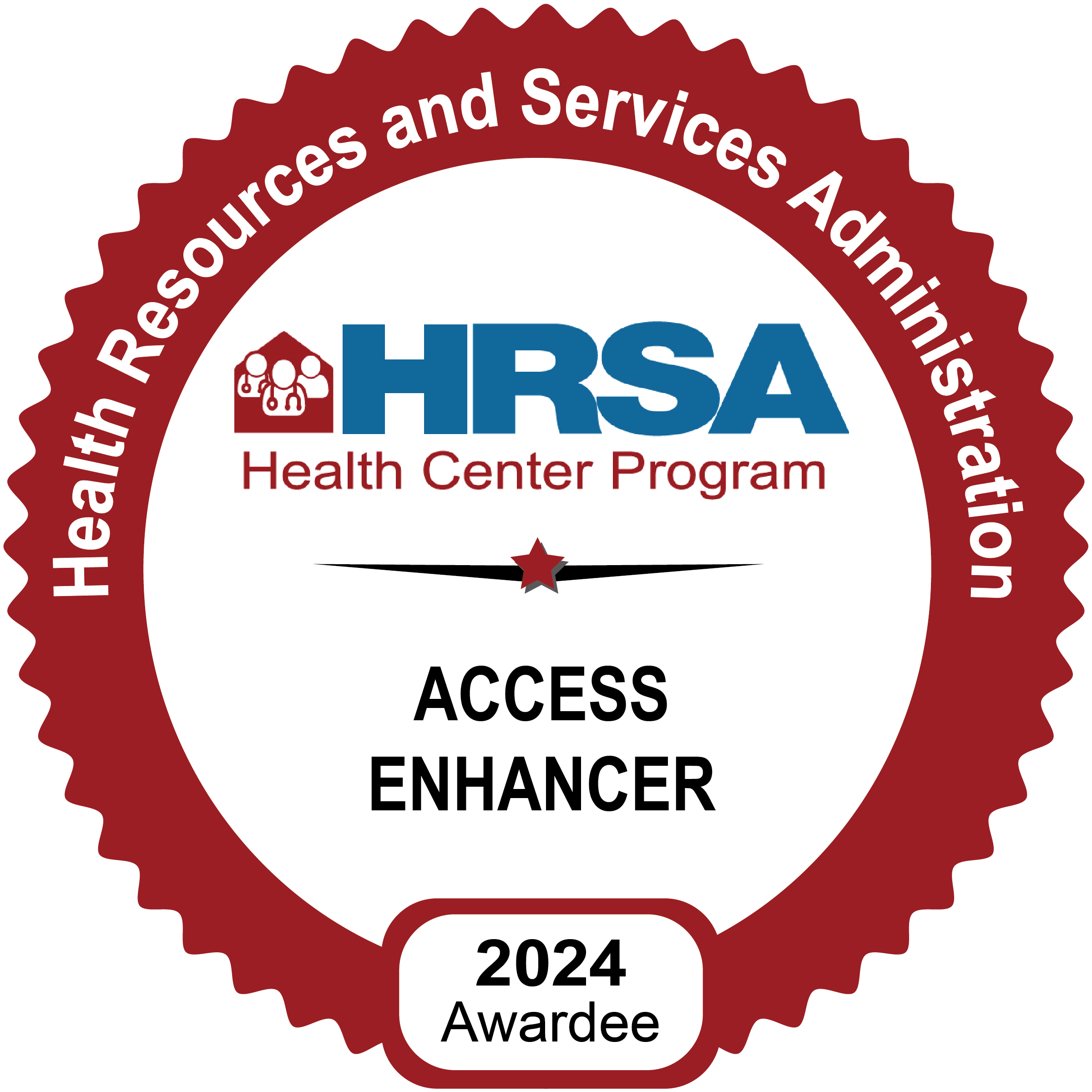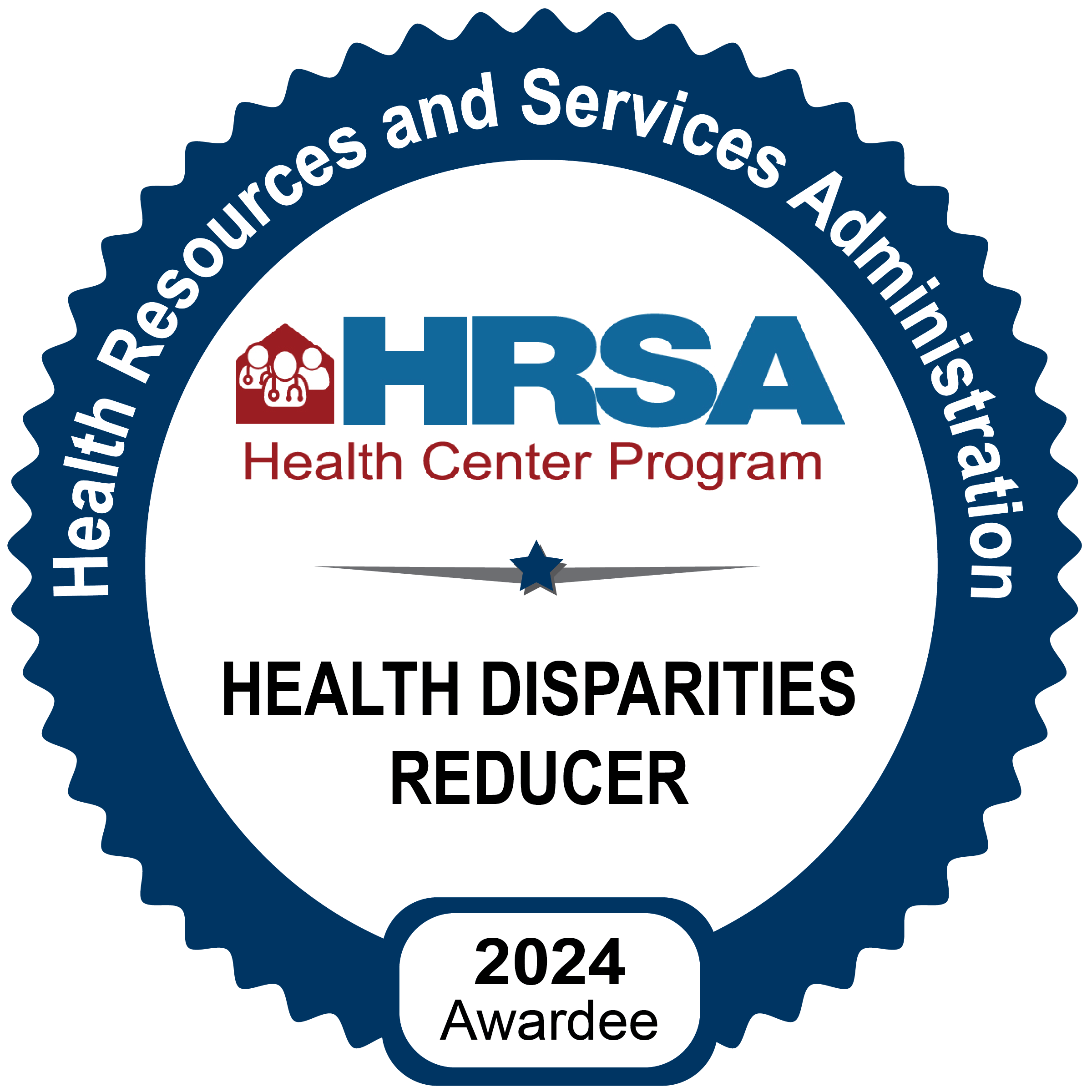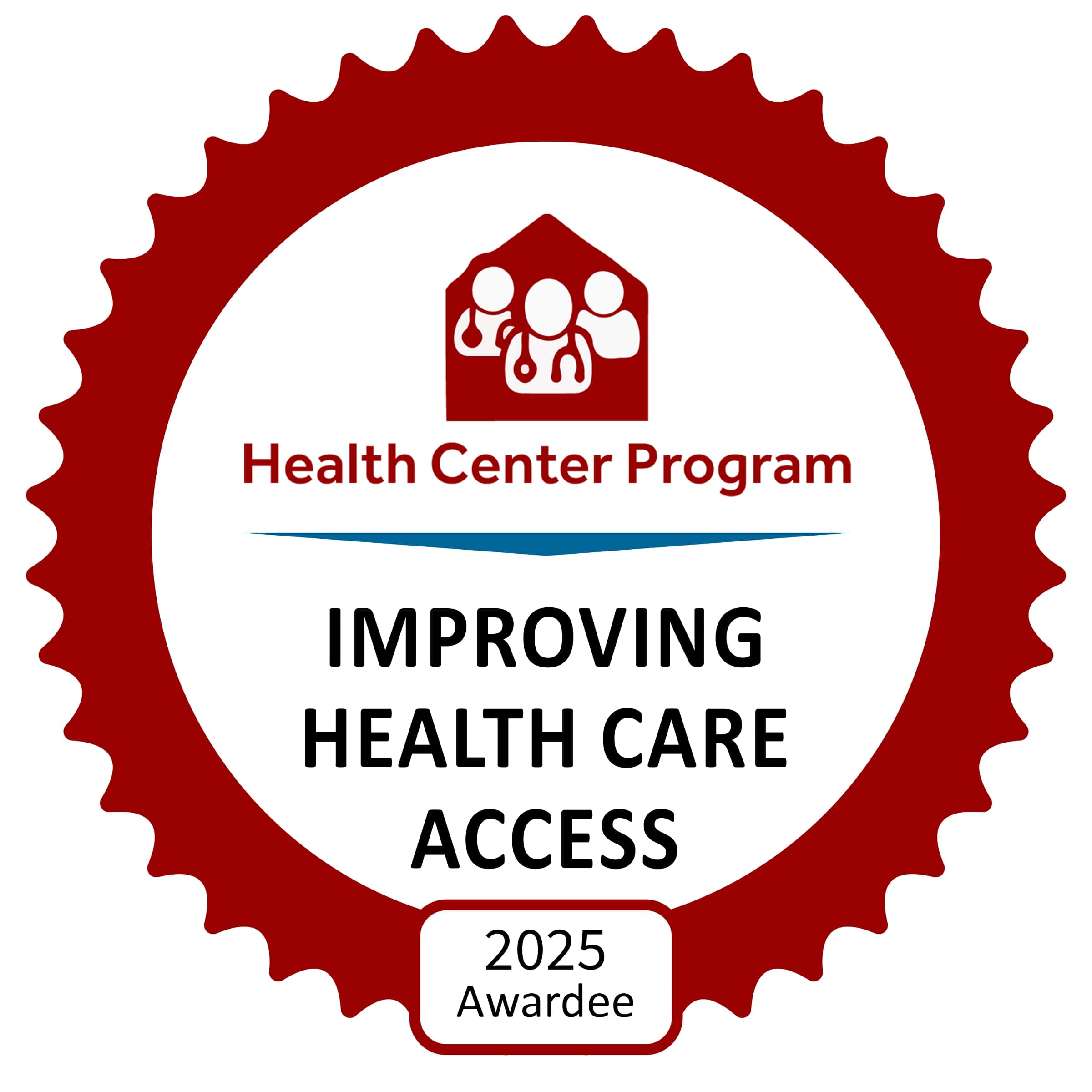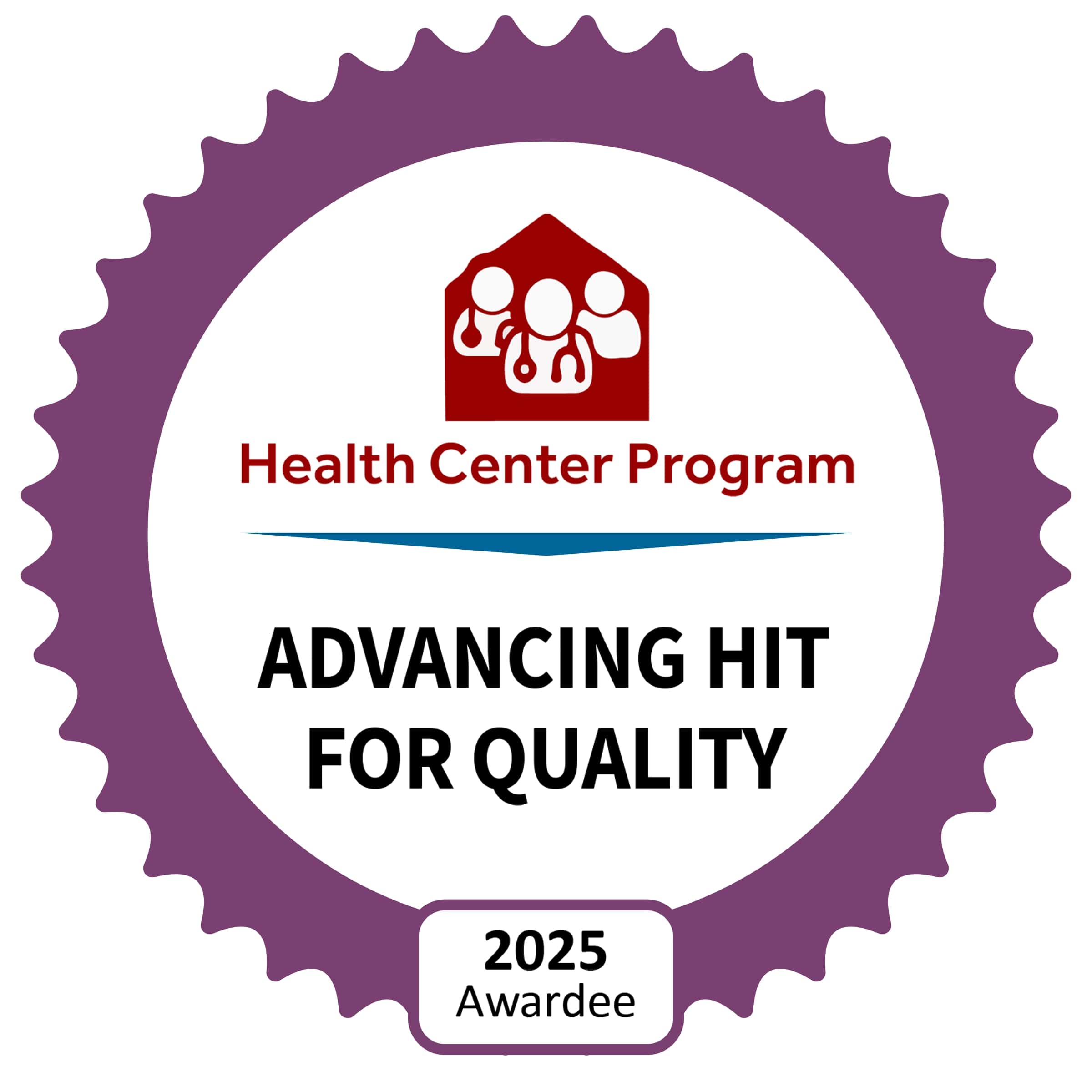PRIMARY CARE
SERVICES
Primary Medical Care for the Whole Family
-

Wellness Visits
-

Acute Needs
-

Chronic Disease Management
-

Preventative
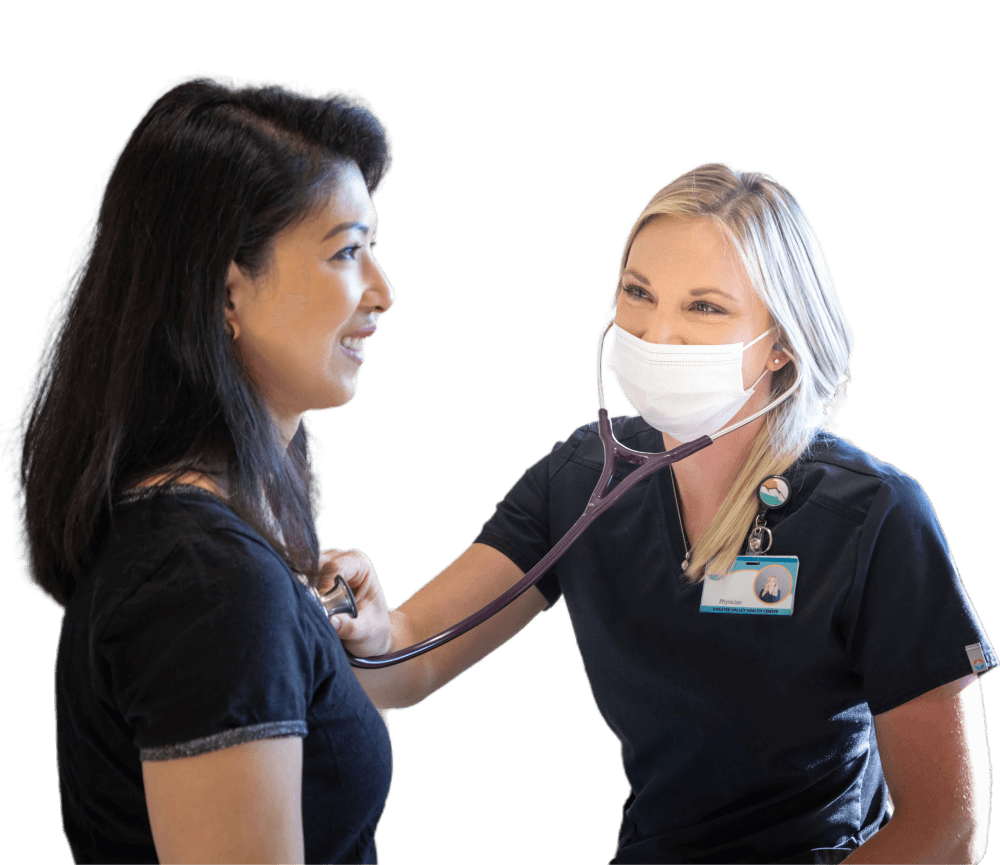
DENTAL
CARE SERVICES
Dental Care for the Whole Family
-

Preventative
-

Restorative
-

Urgent Dental Needs
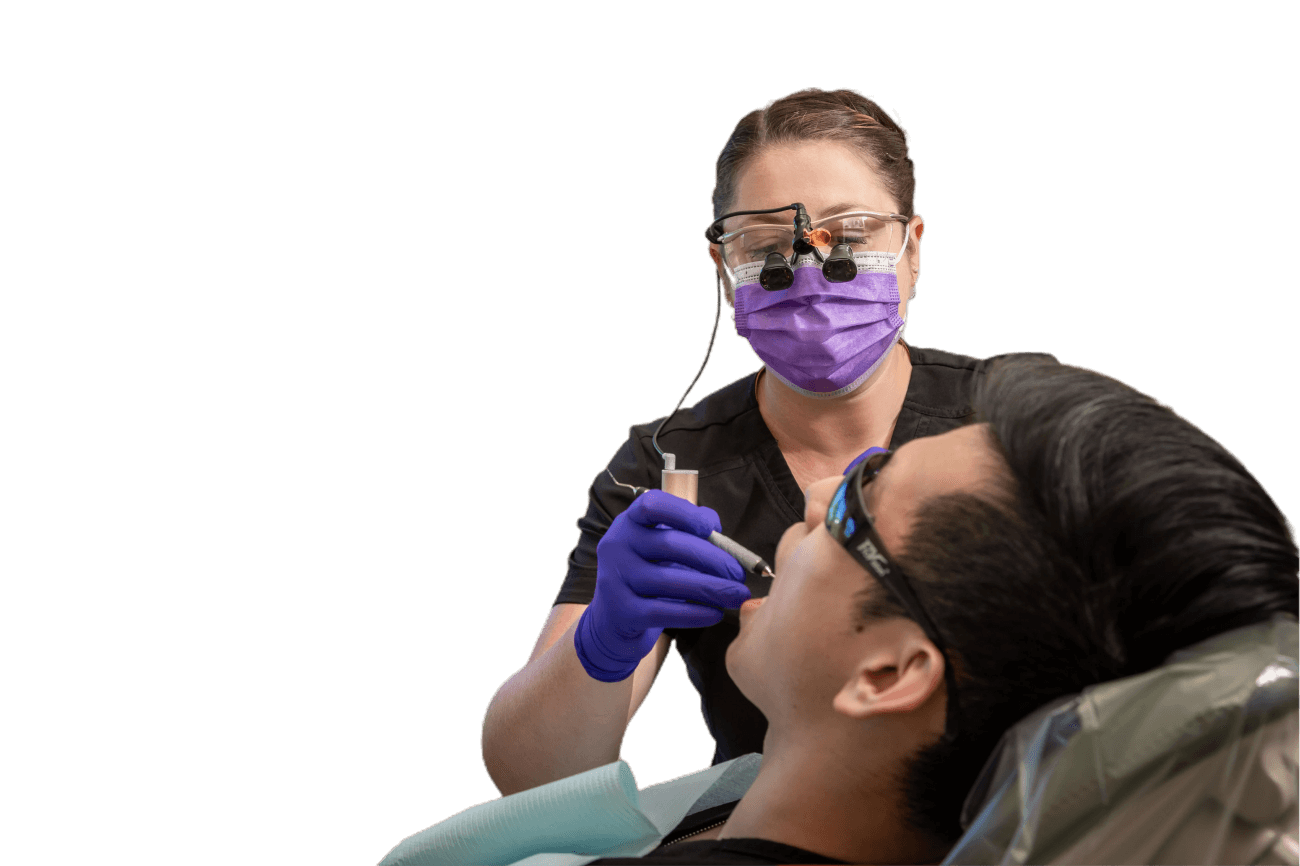
BEHAVIORAL
HEALTH SERVICES
Behavioral Health Care for the Whole Family
-

Integrated Behavioral Health & Therapy
-

Outpatient Addiction Treatment
-

School Based Outpatient Therapy


Medical Clinic
Greater Valley Health Center is dedicated to providing high quality whole person care.
More Details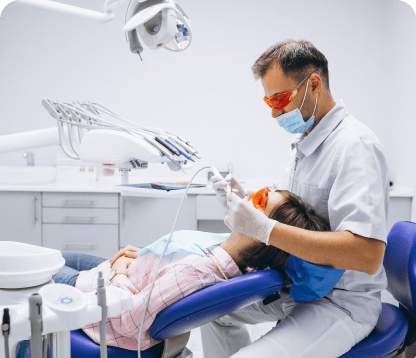
Dental Care
Improving the oral health of the community by providing high quality dental services.
More Details
Behavioral Health
Greater Valley Health Center is dedicated to providing whole person care.
More Details
Case Management
Care Navigators assist patients and families navigate through healthcare and social systems.
More DetailsOur Locations
Greater Valley Health Center - Elrod Elementary
406-607-4900
412 3rd Ave W, Room L
Kalispell, MT 59901
Greater Valley Health Center - East Evergreen Elementary
406-607-4900
Monday & Thursday 8am-11:30am
585 E Evergreen Dr, Room E145
Evergreen, MT 59901
Greater Valley Health Center - Evergreen Junior High School
406-607-4900
20 W Evergreen Dr, Room 254
Kalispell, MT 59901
Greater Valley Health Center - Linderman Education Center
406-607-4900
Tuesday & Thursday 1pm-4:30pm
124 3rd Ave E, Room G007
Kalispell, MT 59901
Greater Valley Health Center: Behavioral Health Services
406-607-4900
431 1st Avenue West
Kalispell, MT 59901
